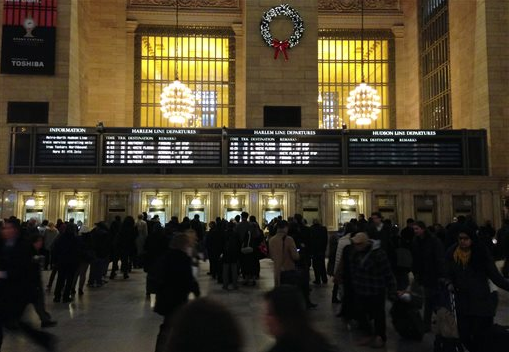MTA adds undercover ‘spotters’ after derailment

Screen Shot 2013-12-13 at 10.20.12 AM.png
ALBANY— The nation’s second-largest commuter rail line is increasing scrutiny of its engineers and conductors onboard trains, a move that comes two weeks after a deadly derailment and a year after a similar effort was exposed as flawed.
Metro-North, which operates trains in and out of New York City, suburbs upstate and into Connecticut, is using more plainclothes spotters who slip aboard unnoticed to check that train operators are complying with all rules, said Marjorie Anders, spokeswoman for the Metropolitan Transportation Authority, which runs Metro-North.
“Obviously, as a result of the derailment, we have ramped up this function, including on-board observations,” Anders said in an interview.